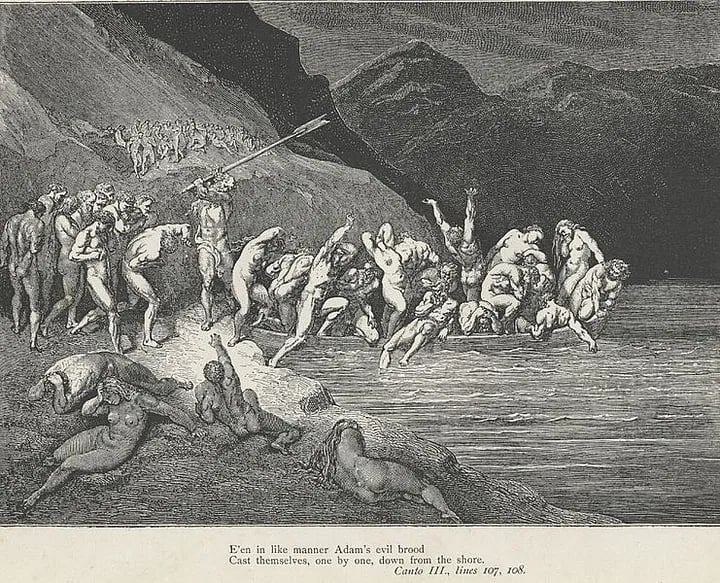The Enduring Impact of Dante’s Divine Comedy: Illuminating and Transforming Lives Across the Ages
Raquel Parker
8/3/20242 min read


Unraveling the Eternal Journey of the Divine Comedy
In the vast tapestry of literary history, few works have left an indelible mark on the human psyche as Dante Alighieri’s masterpiece, the Divine Comedy. Written in the early 14th century, this epic poem has transcended time, culture, and language to emerge as a timeless beacon of human imagination and insight. Journey with me as we explore the profound and enduring impact of this magnum opus, which continues to illuminate and transform lives across the ages.
The Pilgrimage of the Human Soul
At its core, the Divine Comedy is a gripping allegorical tale of a soul’s pilgrimage through the realms of the afterlife: Inferno (Hell), Purgatorio (Purgatory), and Paradiso (Heaven). Dante, the protagonist and authorial voice, embarks on this extraordinary odyssey guided by the Roman poet Virgil, and later by his beloved Beatrice. The poem’s enduring appeal lies in its ability to resonate with the reader on a deeply personal level, transcending the boundaries of time and space.
Illuminating the Human Condition
Through vivid and evocative descriptions of the punishments, purgations, and ultimate rewards, Dante weaves a moral and philosophical narrative that examines the complexities of the human condition. Themes of sin, redemption, love, and divine justice reverberate through the verses, compelling readers to reflect on their own lives and actions. The Divine Comedy serves as a mirror to our souls, prompting us to confront our flaws and seek spiritual growth.
Inspiration for Great Minds
Throughout history, numerous literary giants and creative minds have drawn inspiration from Dante’s opus, finding solace, wisdom, and artistic direction within its lines. From Geoffrey Chaucer to T.S. Eliot, from William Blake to James Joyce, the Divine Comedy’s influence stretches across centuries and genres. Its impact extends beyond literature, inspiring painters, composers, and filmmakers to interpret its imagery and themes in their own unique ways.
Guiding the Wayfarers of Life
Beyond its artistic influence, the Divine Comedy has served as a spiritual guide for countless souls seeking meaning, purpose, and the path to salvation. In times of turmoil and uncertainty, Dante’s vision of the cosmos provides a sense of order and divine justice, offering hope and solace to those grappling with life’s profound questions.
Adapting to Modern Times
In an age of technological marvels and rapid change, the Divine Comedy has not lost its relevance. On the contrary, its allegorical structure and timeless themes lend themselves to reinterpretation and adaptation, allowing contemporary writers, scholars, and artists to connect with new audiences. The journey through the afterlife becomes a metaphor for navigating the complexities of our modern world, where challenges and temptations abound.
The Eternal Quest for Self-Discovery
As readers continue to venture through the Divine Comedy’s intricate landscapes, they embark on an eternal quest for self-discovery and spiritual enlightenment. The poem’s enduring allure lies not merely in its eloquence, but in its ability to challenge us to confront our fears, to seek the truth within ourselves, and to strive for a better understanding of our place in the grand tapestry of existence.
In conclusion, Dante’s Divine Comedy stands as a testament to the enduring power of art and literature. Its impact on humanity goes far beyond entertainment, stirring the depths of our souls, and inspiring us to become better versions of ourselves. Like a guiding star in the night sky, the Divine Comedy continues to illuminate and transform lives across the ages, reminding us that the pursuit of truth, virtue, and love is a journey worth embarking upon.
